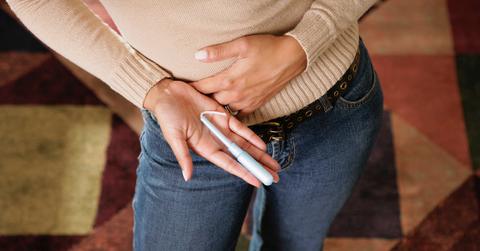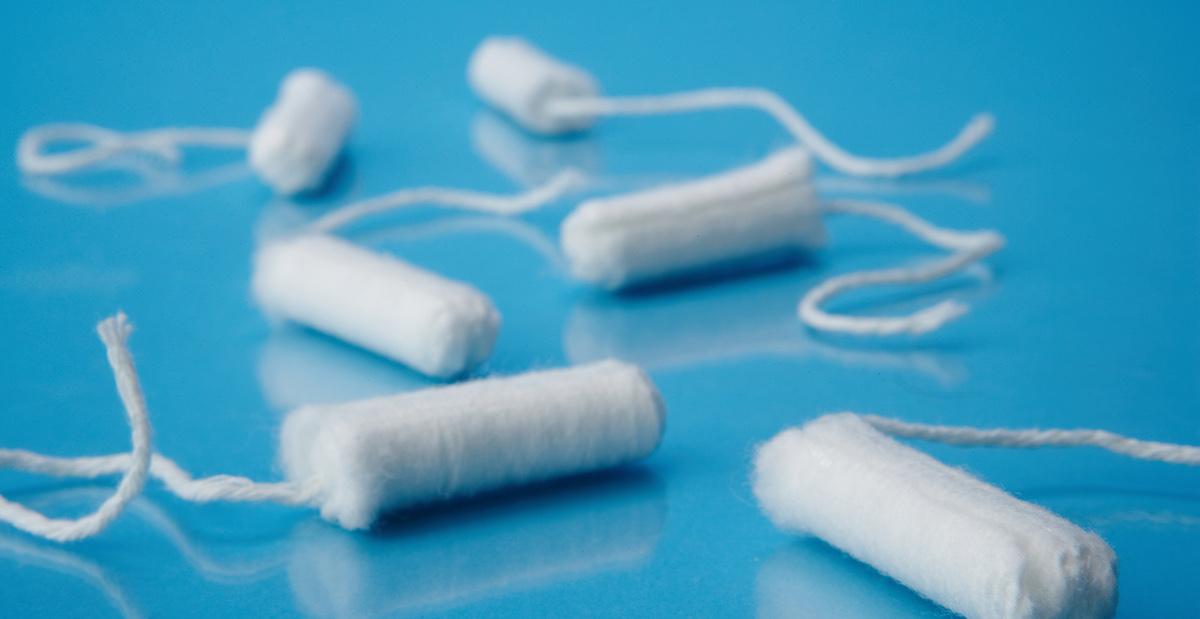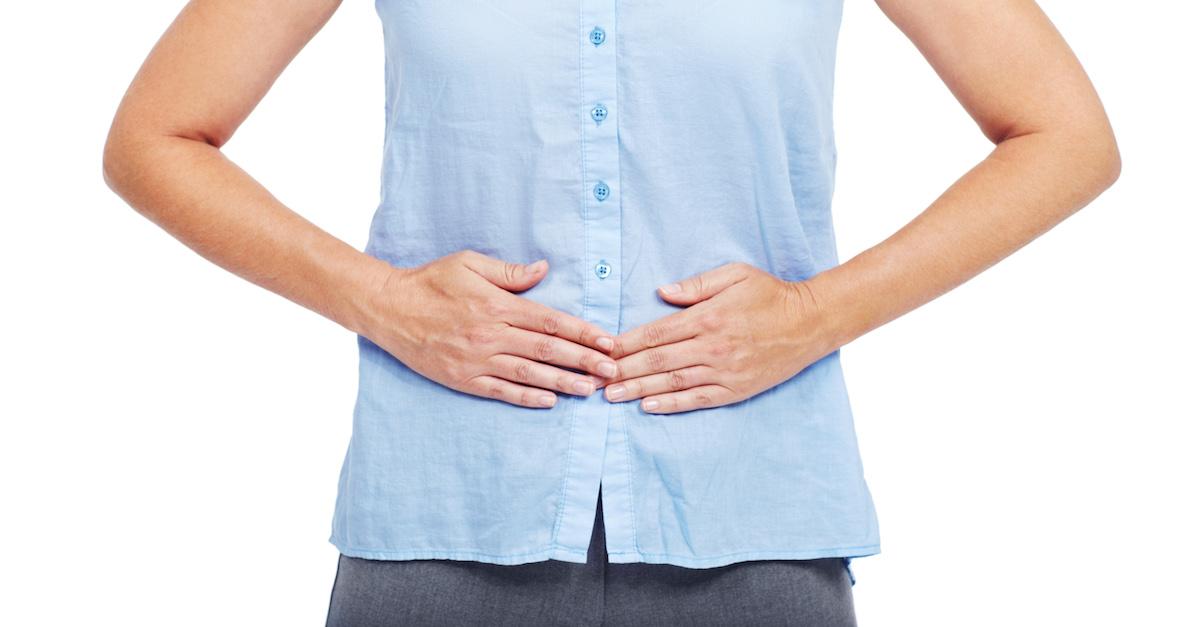The Potential Dangers of Tampons, Some Safer Options, and More
Published Aug. 3 2021, 9:00 a.m. ET

Menstruation care can be... messy, to say the least. Some find sanitary pads to be uncomfortable because of their bulky feel, while others are deterred by the prospect of using menstrual cups. Although many would say tampons are the easiest and most accessible form of period care, they can cause dangerous health problems — but what happens if you leave a tampon in for too long?
"A blood-soaked tampon that lingers for a long time is like a petri dish for bacteria," Katharine O'Connell White from Boston University's Medical Center told Refinery29. "All of the sudden, bacteria that wouldn't hurt you on most days has a thriving environment to grow."

What happens if you leave a tampon in for too long?
Since middle school health class, or if you were subjected to reading the infamous American Girl book about puberty in the early 2000s, you likely heard you shouldn't leave a tampon in for too long — but what time span is "too long?" According to Healthline, leaving a tampon in for any timespan that surpasses eight hours max probably isn't super safe. In fact, the FDA recommends menstruating folks to change their tampons every 4 to 8 hours, though 4 to 6 is likely best, to stay on the safe side.
Although you can leave it in when you sleep (unless you surpass 8 hours nightly), leaving a tampon in for too long can result in the growth of bacteria and the production of toxins. These can enter the bloodstream, and develop into an infection called Toxic Shock Syndrome (TSS). This is a potentially fatal illness with symptoms such as: sudden fever, low blood pressure, nausea, vomiting, diarrhea, and rash. It's rare, but it can be seriously life-threatening, often resulting in organ failure.
Leaving a tampon in for too long can also result in other bacterial infections such as: vaginitis (inflammation), bacterial vaginosis (BV), and genital contact allergy, which can flare up with prolonged use, if you're unknowingly allergic to tampons. Any of the above symptoms are worth a doctor's visit, so we strongly suggest speaking with a health provider if you've experienced any of these symptoms recently while using tampons.

Are there safer forms of period care than tampons?
Tampons are actually pretty safe if you use them responsibly, but they do present users with potentially dangerous conditions like the ones named above. If you don't want to run the risk of potentially developing TSS or any of the other bacterial infections, menstrual cups are super safe, according to NPR. Menstrual cups haven't resulted in any recorded cases of TSS, and they're environmentally friendly, as you wash them out and reuse them over and over again.
Pads can be a little annoying but for the most part, they're safe. According to First Cry Parenting, users should make sure to opt for fragrance-free options, as well as organic ones, that don't use chemicals or pesticides. Period underwear is also a really fantastic invention, and there are so many great ones out there that will keep you safe, stain-free, and sustainable.